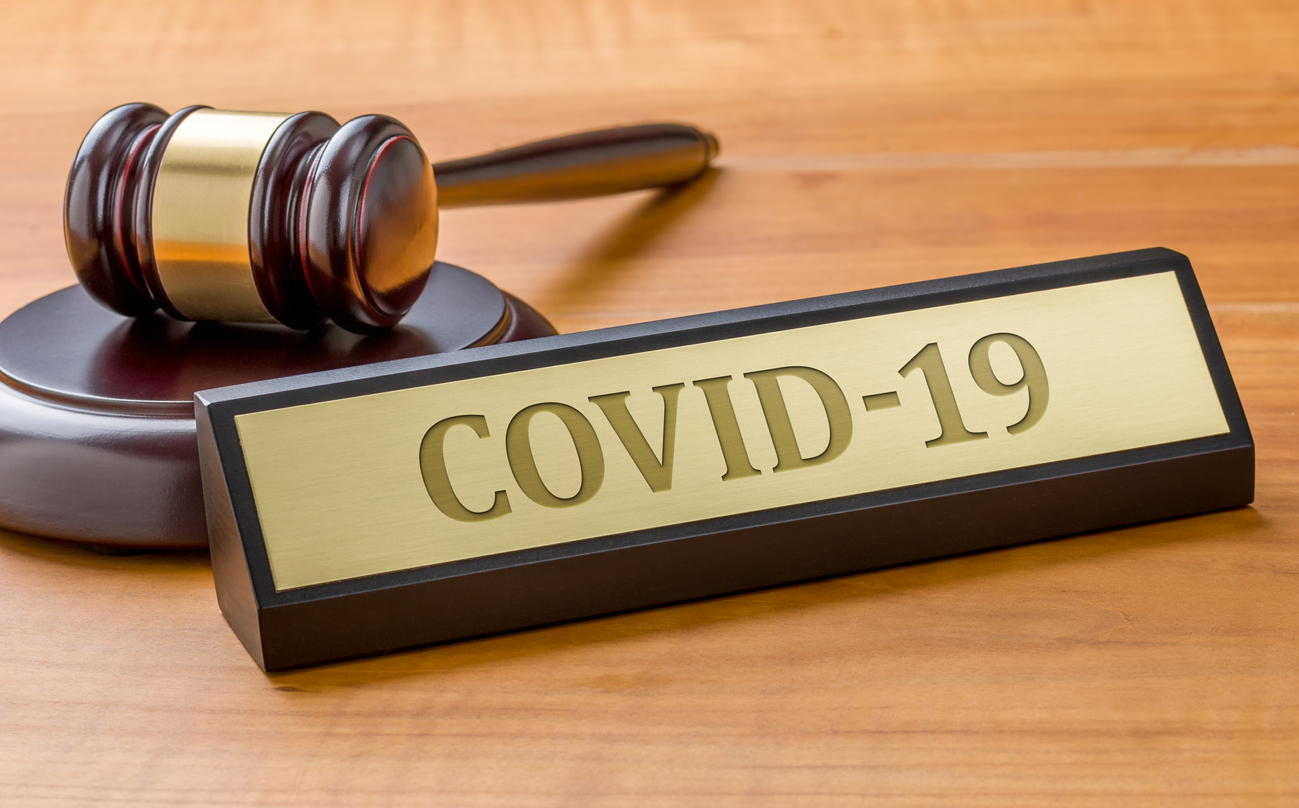Counsel for insurance companies often begin an Examination Under Oath (EUO) by informing the insured that they have a contractual obligation to give an EUO and that it is only necessary so that the insurance company can make an informed decision about the claim. I often have a hard time believing those attorneys, as it seems many EUOs are really used to delay the claim, intimidate the policyholders, and to find reasons to deny the claim. But where does the truth lie? What are the practical reasons insurance companies demand an EUO?
The Supreme Court of the United States tells us that:
The object of the provisions in the policies of insurance, requiring the assured to submit himself to an examination under oath, to be reduced to writing, was to enable the company to possess itself of all knowledge, and all information as to other sources and means of knowledge, in regard to the facts, material to their rights, to enable them to decide upon their obligations, and to protect them against false claims. And every interrogatory that was relevant and pertinent in such an examination was material, in the sense that a true answer to it was of the substance of the obligation of the assured.
Claflin v. Commonwealth Ins. Co., 110 U.S. 81, 94-95 (1884).
An EUO can be a very harrowing experience for insureds. They should only be used when absolutely necessary and not as a matter of course, but rarely is that the cae. One defense counsel justified an EUO on the grounds they need to know the building’s history to evaluate the claim. Nonsense. Every policy of insurance issued is preceded by an application including questions about pre-existing damage and, further, the carrier has the right to inspect the property prior to underwriting the claim.
The vast majority of policyholders have no training in the evaluation of property damage or construction, so they often only testify to what they see with the naked eye. How much does it really assist the insurance company in evaluating the claim to hear the policyholder assert under oath, “After Hurricane Wilma I saw brown spots on the ceilings in the den, living room, and master bedroom.” The insurance company adjuster, presumably a trained professional, should have already photographed and inspected the damages.
So when should EUOs be taken? Only in a few instances. When there is actual evidence of fraud –not when the insurer wants to go on a fishing expedition to look for fraud. When there are multiple claims before an insurer during the same policy period. If the insured has, a fire loss and a pipe break, there may be some overlapping areas of damage. Also, when a policyholder has no receipts for repairs, but has mitigated the damage. These are circumstances where the policyholder’s testimony is important, and when an EUO is reasonably warranted.
While nearly every jurisdiction affords insurers an unfettered right to take EUOs and force their policyholders to answer seemingly any question, there should be some overriding reasonable basis for the testimony. Every policyholder should be represented by counsel at an EUO, as insurance companies are using EUOs for an agenda other than to merely ferret our “facts and circumstances.” It helps to have an advocate who can assist the insureds in navigating the potential mine field of an EUO while also keeping the opposition in check and honest about the process.


